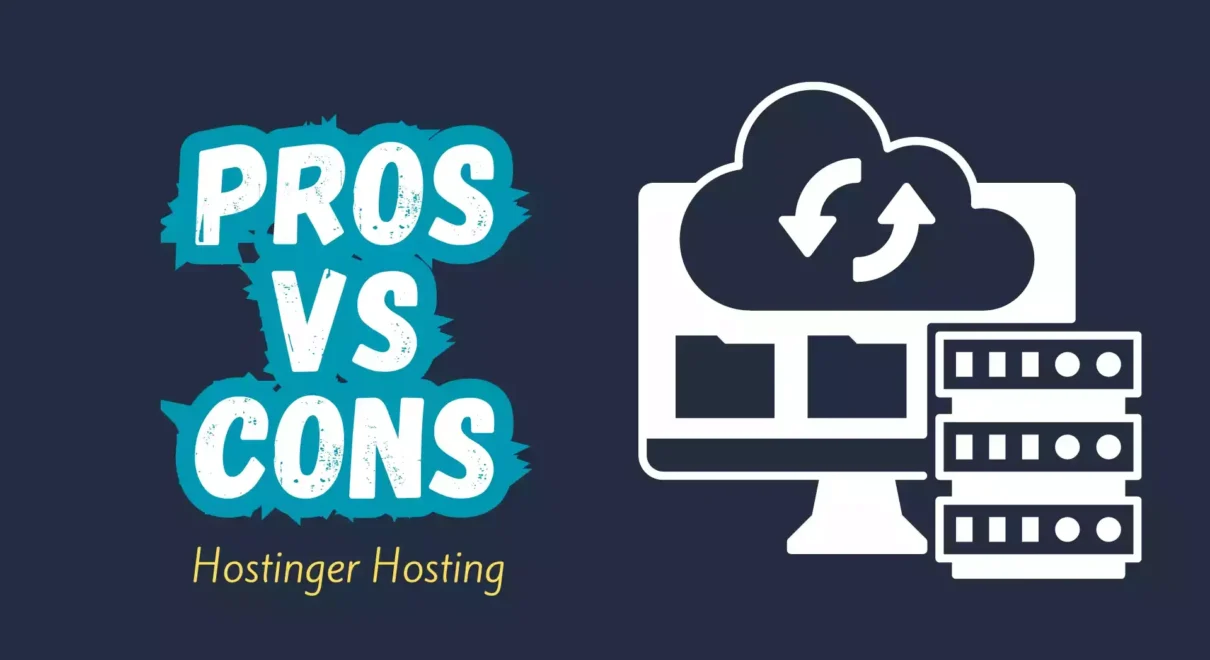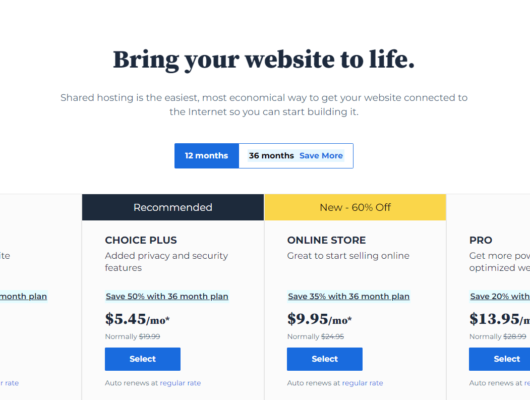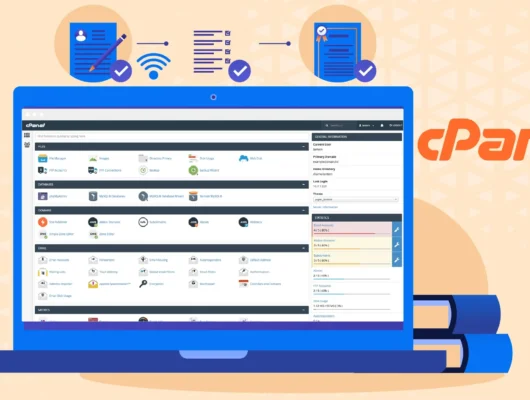For those venturing into the world of online presence on a tight budget, free website hosting services can be an enticing option.
These services allow individuals, hobbyists, and small businesses to establish a web presence without the upfront cost.
In this article, we’ll delve into the world of free website hosting, examining the benefits, limitations, and considerations for those opting for a no-cost hosting solution.
Understanding Free Website Hosting
Free website hosting is a type of hosting service that allows users to host their websites on servers without incurring any charges.
These hosting providers offer a basic level of infrastructure to make websites accessible on the internet, making it an accessible option for beginners or those with minimal web development experience.
Pros of Free Website Hosting
- Cost-Free Entry:
- The most apparent advantage is the cost factor. Free hosting services eliminate the need for upfront payments, making them an attractive option for individuals and small businesses operating on a tight budget.
- Ease of Setup:
- Free hosting services often come with user-friendly interfaces and simple setup processes, making them accessible for beginners who may not be familiar with the intricacies of web hosting.
- No Technical Maintenance:
- With free hosting, providers typically handle server maintenance, updates, and technical issues. This allows users to focus on creating content and developing their websites without delving into the complexities of server management.
- Learning Opportunity:
- For beginners in the world of web development, free hosting provides an opportunity to learn and experiment without financial risk. Users can explore website creation, design, and content management at no cost.
Cons of Free Website Hosting
- Limited Resources:
- Free hosting plans often come with limitations on resources such as storage, bandwidth, and server resources. This can impact the performance and scalability of a website, especially as it grows.
- Advertisements:
- To compensate for the free service, many hosting providers display advertisements on websites hosted for free. These ads may be intrusive and can detract from the professional appearance of a website.
- Limited Customization:
- Free hosting services typically offer limited customization options. Users may be restricted in terms of the choice of domain name, website design, and the ability to install certain applications or plugins.
- Lack of Support:
- Free hosting services may not provide robust customer support. Users often have to rely on community forums or self-help resources, which can be challenging for those facing technical issues.
Considerations When Choosing Free Website Hosting
- Website Purpose:
- Consider the purpose of your website. If it’s a personal blog or portfolio site, free hosting may be sufficient. However, for business or e-commerce sites, premium hosting may be more suitable.
- Resource Requirements:
- Evaluate the resource requirements of your website. If you anticipate high traffic or need ample storage space, free hosting may not be the most suitable option.
- Long-Term Goals:
- Assess your long-term goals. If you plan to scale your website or establish a professional online presence, investing in a premium hosting service may provide better features and support.
- Read Terms of Service:
- Before choosing a free hosting provider, carefully read their terms of service. Some providers may have restrictions on content, and understanding these limitations is crucial.
Read more about Web hosting services…
Conclusion
Free website hosting services offer an accessible entry point for individuals looking to establish an online presence without a financial commitment.
While they have their advantages, users must be aware of the limitations and potential downsides.
Before opting for free hosting, consider your website’s purpose, resource requirements, and long-term goals to make an informed decision that aligns with your online aspirations.






